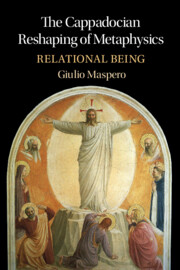South-South security cooperation is increasingly reshaping Africa’s security governance, as emerging actors introduce new military doctrines, institutions, and technologies. Among these, Turkey’s security engagements have become increasingly prominent, influencing military modernization, external dependencies, and security assemblages.This article employs a relational ontology to examine Turkey’s security engagements with African states, arguing that they do not represent a linear shift from Western alliances to South-South cooperation but instead operate within entangled global security hierarchies. This multiplicty stems from Turkey’s “both-and” positioning—as a non-Western, non-core NATO member that is simultaneously expanding security partnerships with the Global South. Furthermore, this study argues that Turkey’s security interactions with African states demonstrates how Turkey actively articulates and adapts logistical, operational, organizational, and normative security practices between the Global South and the Global North, positioning itself as both a recipient and producer of global military norms, rather than acting as a passive intermediary in global security governance. By analyzing Turkey’s military training programs, defense diplomacy, arms sales, and forward-basing strategies n Africa, this article demonstrates how Turkey both reproduces and transforms global security hierarchies by contributing to the homogenization of military practices and security assemblages.


